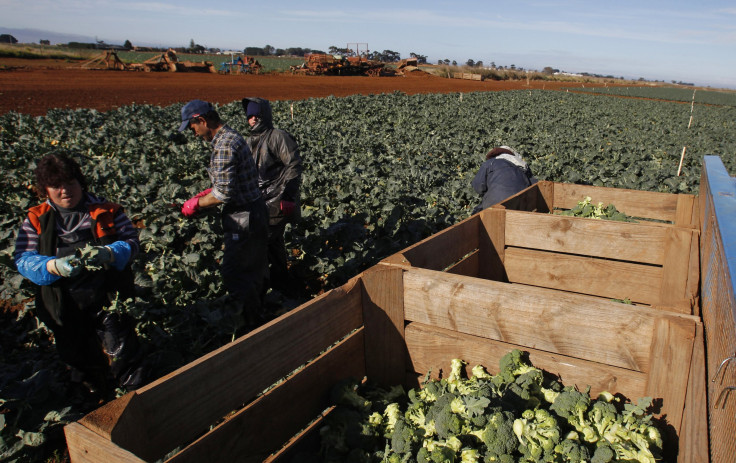Australian farm production forecasted to fall in 2017–18

Australian farm production’s gross value is predicted to drop nearly 9 percent to $58 billion in 2017–18. The forecast primarily reflects a decline in crop production, the Agricultural Commodities September quarter 2017 report states.
ABARES chief commodity analyst Peter Gooday said the outlook was affected by mixed seasonal conditions. “The fall in the total value of farm production is driven by a forecast decline of 39 per cent in total winter crop production, as yields fall from the record highs achieved last year,” he explained.
Gooday said it is around the 10 year average for winter crops to 2015–16. But he noted substantial variation in crop prospects across Australia.
The analyst are expecting a one percent increase in the value of production for livestock. Cattle slaughter is predicted to rise following two years of declining turn-off. But prices are expected to drop as domestic supply rises and amid increased competition in export markets.
Lamb and sheep prices are predicted to rise supported by restocker demand. Lamb slaughter is expected to rise.
Farm export earnings are predicted to drop from the highs of last year to be 7 percent lower at a forecast $45 billion in 2017–18. “The forecast decline is driven by a 16 percent decrease in export earnings for crops to $23 billion, reflecting lower forecast production,” Gooday said.
Meanwhile, export earnings for livestock and livestock products are predicted to rise by 4 percent to $22 billion. Income growth in the country’s major export markets supports demand for Australian meat, wool and dairy products.
For fisheries, export earnings are forecast to still be around $1.4 billion. Export prices of barley, cheese, wine, wool, lamb and wheat are forecast to increase in 2017–18 in Australian dollar terms. Export prices for canola, chickpeas, beef, veal, cotton, slaughter cattle, sugar and rock lobster are predicted to drop.
In other news, the Australian Small Business and Family Enterprise Ombudsman has celebrated Aussie family businesses and their contribution to the economy. Ombudsman Kate Carnell said the family enterprise sector accounts for two in three businesses.
Carnell recognised that family businesses’ role is important as they employ more than 50 percent of the Aussie workforce. She added it is crucial to acknowledge and celebrate the people who have made this sector grow. She also encouraged people to shop local and show support to Australian family businesses.
Fox News/YouTube





















